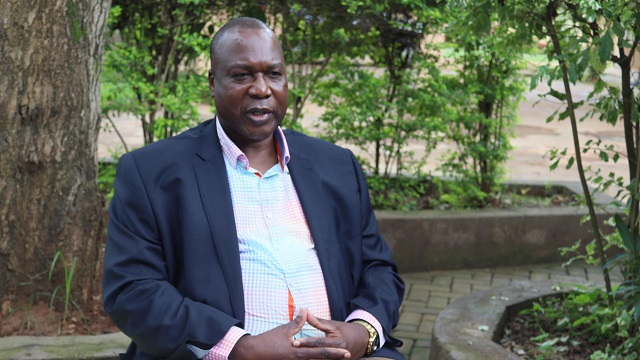
Gulu, Uganda | THE INDEPENDENT | The Acholi Paramount Chief Rwot David Onen Acana II has defended the passing of a by-law by the Acholi cultural institution that regulates bride price payments.
The cultural institution early this year passed a bylaw that limits bride price payment to 5 million Shillings, a move aimed at curbing what the institution termed as “commercial” traditional marriages.
It followed an outcry from locals in the region who alleged that young men were unable to marry because of exorbitant dowry asked by bride’s parents and guardians.
The bylaw’s passing however left a section of the community in the region divided with majority welcoming it while others alleged the institution had no right to limit dowry payment.
For instance, Simon Lanek Obalo, a resident of Kitgum municipality says whereas the cultural institution was right to scrap other items that are asked during dowry payment, they had no business limiting the amount of dowry in form of cash.
“As a parent, I value my daughter, I gave her a good life and made her to study up to the University,” he says. “Limiting dowry payment to 5 million Shillings is like an insult to my family.”
Speaking to Uganda Radio Network in an interview, Rwot Acana says the cultural institution was right to intervene in the marriage woes in the region, saying the ceremony had turned commercial and uncultured.
Rwot Acana says the by-law was never rushed but studied carefully to suit what has been part of the Acholi culture whenever one intends to enter a union of marriage.
He says those against the cultural institution’s regulation are trading their daughters for cash and should never term the process as marriage but rather a profit venture.
Rwot Acana says one of the reasons the bride prices shot up in the region was due to the demands for parents asking for compensation on the expenses incurred on their children’s education in case they elope while in school.
He says whereas it’s good to invest in girl’s education, it shouldn’t be used as collateral for profiteering in the future when the girl is ready for marriage.
The cultural institution in its revised bride price, scrapped payment of money meant to compensate the education expenses of a bride (obal kwan) which had become a common demand after a lady elopes with a man while still studying. Others are “Ocoyo toyo and Oyenya” which are paid to the brothers of the bride who searched for her new home.
The tradition requires a groom to pay the following items among others while marrying his bride: a Gomesi for the mother in-law, a stool for the father-in-law, a lamp, cigarettes, a matchbox, fee for members of the marriage committee, bathing and laundry soap, and a goat for the marital home.
Others are payment of a fee to enable a bride to speak up, one big saucepan, a goat for the paternal aunt, six goats, and six cows.
*****
URN
 The Independent Uganda: You get the Truth we Pay the Price
The Independent Uganda: You get the Truth we Pay the Price



